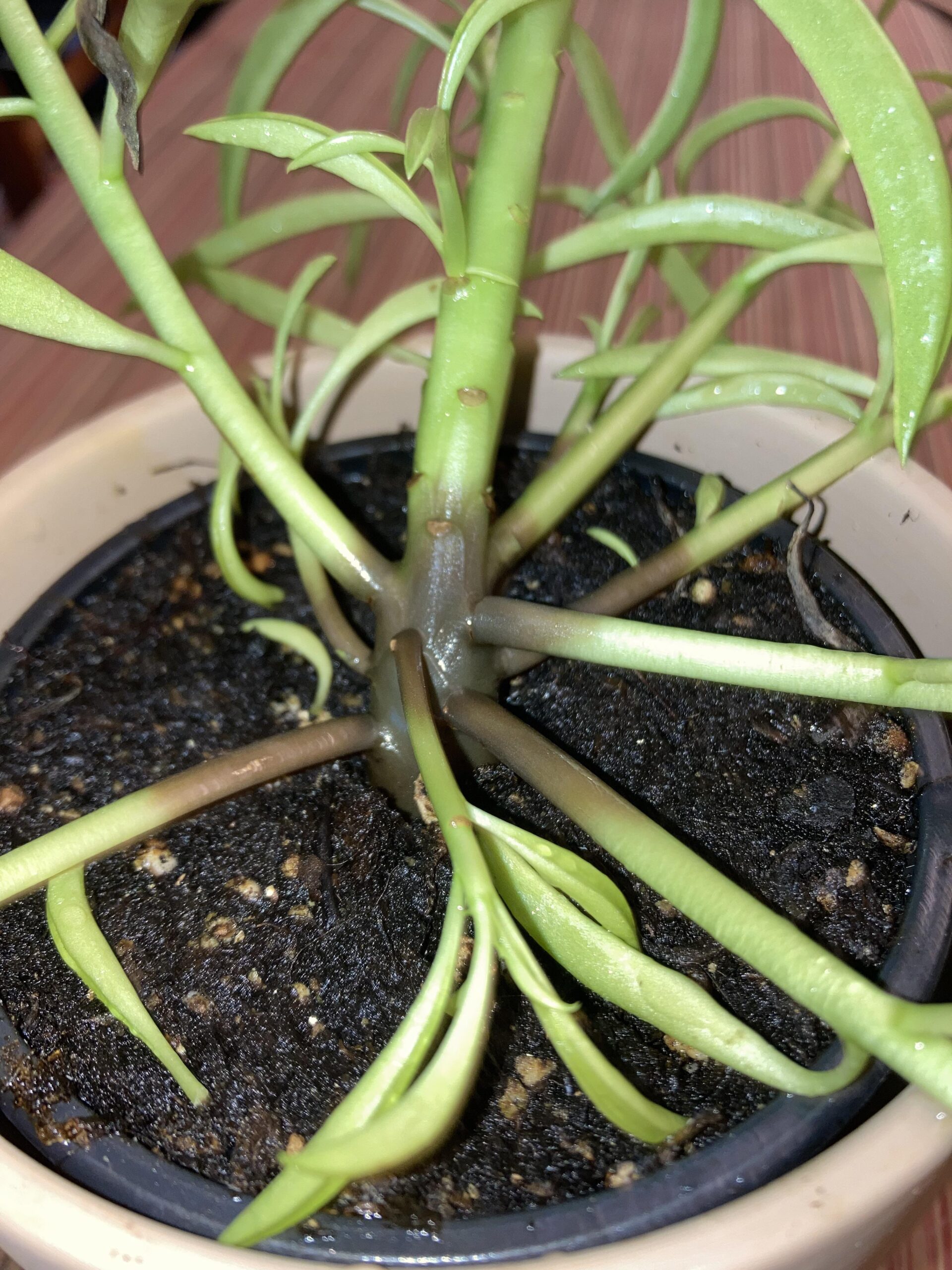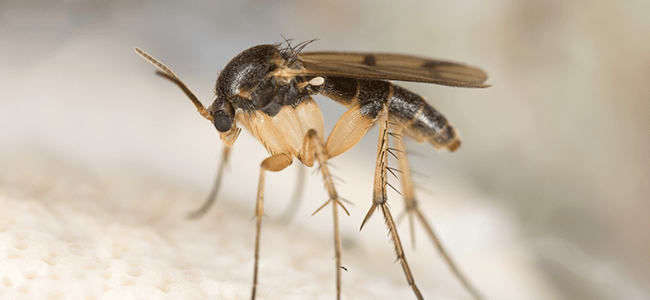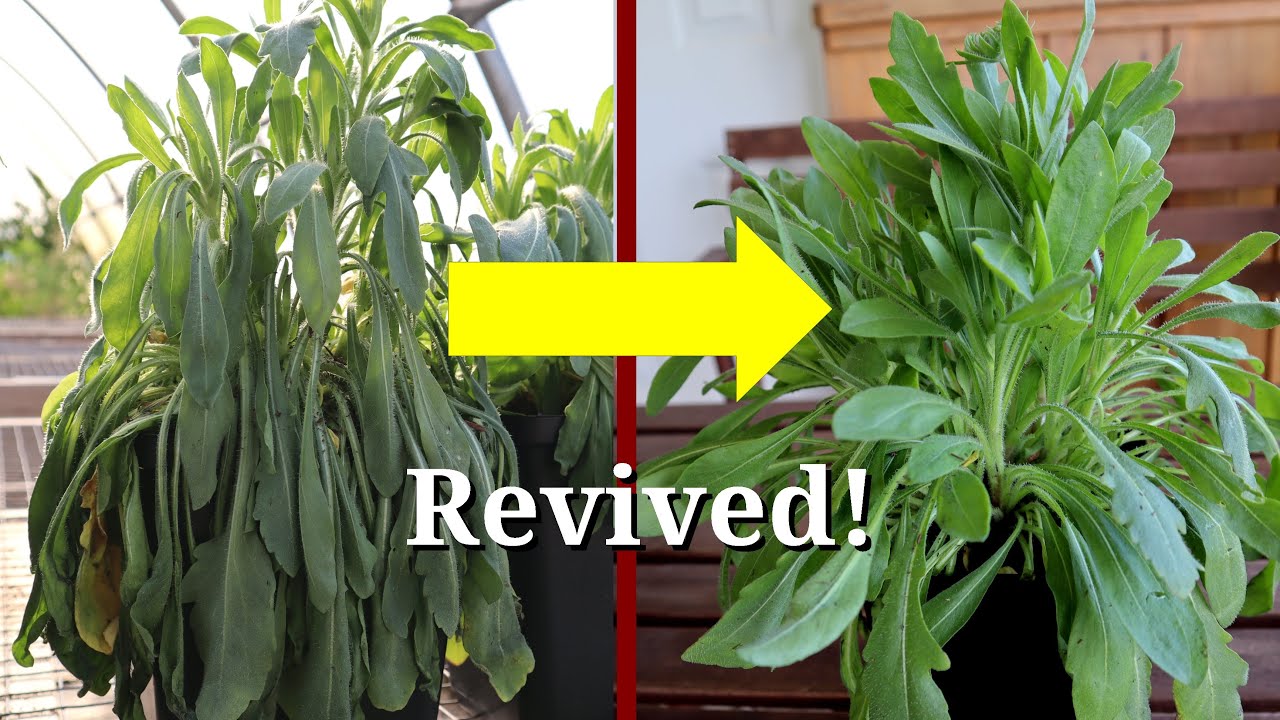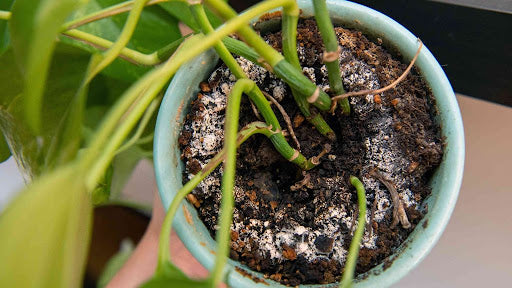Why are my plant’s stems turning black?
If you’ve noticed your plant’s stems turning black, you may be wondering what’s causing this concerning issue. There are several reasons why this may be happening, and it’s essential to identify the cause so you can take the necessary steps to address it. In this article, we’ll discuss some common reasons why plant stems turn black and provide tips on how to prevent it from happening in the future.
Lack of sunlight
One common reason why plant stems turn black is due to a lack of sunlight. Plants need sunlight to photosynthesize and grow properly. If your plant isn’t receiving enough sunlight, its stems may start to turn black as a result. To prevent this from happening, make sure your plant is placed in a location where it can receive adequate sunlight throughout the day. If this isn’t possible, consider using grow lights to supplement the light your plant is receiving.
Overwatering
Another common cause of black stems in plants is overwatering. When plants receive too much water, their roots may become waterlogged, leading to root rot. This can cause the stems of the plant to turn black and become mushy. To prevent overwatering, make sure you’re watering your plant only when the top inch of soil is dry to the touch. Additionally, make sure your plant is in a pot with proper drainage to allow excess water to escape.
Fungal infections
Fungal infections can also cause plant stems to turn black. Fungi thrive in moist environments, so if your plant is consistently overwatered, it may be more susceptible to fungal infections. To prevent fungal infections, make sure you’re allowing your plant’s soil to dry out slightly between waterings and avoid splashing water on the leaves and stems of your plant. Additionally, consider using a fungicide to treat any existing fungal infections and prevent new ones from developing.
Pests
Pests, such as aphids and mealybugs, can also cause plant stems to turn black. These insects feed on the sap of plants, which can lead to wilting, yellowing, and blackening of the stems. To prevent pests from infesting your plants, regularly inspect your plants for signs of infestation and treat any pests you find with insecticidal soap or neem oil. Additionally, consider placing sticky traps near your plants to catch any pests that may be lurking nearby.
Conclusion
If you’ve noticed your plant’s stems turning black, it’s essential to identify the cause so you can take the necessary steps to address it. By considering factors such as sunlight, watering practices, fungal infections, and pests, you can help keep your plant healthy and thriving. Remember to monitor your plant regularly, provide it with the care it needs, and seek help from a plant care professional if you’re unsure how to treat the issue. With proper care and attention, you can help your plant recover and prevent its stems from turning black in the future.



